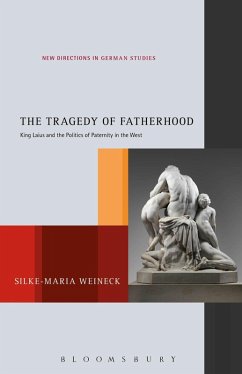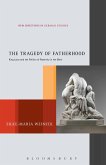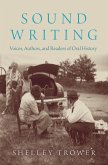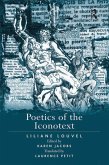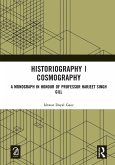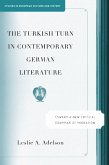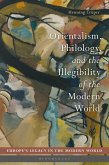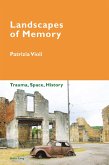Winner of the 2014 Aldo and Jeanne Scaglione Prize for Comparative Literary Studies, awarded by the Modern Language Association.
Theories of power have always been intertwined with theories of fatherhood: paternity is the oldest and most persistent metaphor of benign, legitimate rule. The paternal trope gains its strength from its integration of law, body, and affect-in the affirmative model of fatherhood, the biological father, the legal father, and the father who protects and nurtures his children are one and the same, and in a complex system of mutual interdependence, the father of the family is symbolically linked to the paternal gods of monotheism and the paternal ruler of the monarchic state.
If tragedy is the violent eruption of a necessary conflict between competing, legitimate claims, The Tragedy of Fatherhood argues that fatherhood is an essentially tragic structure. Silke-Maria Weineck traces both the tensions and various strategies to resolve them through a series of readings of seminal literary and theoretical texts in the Western cultural tradition. In doing so, she demonstrates both the fragility and resilience of fatherhood as the most important symbol of political power.
A long history of fatherhood in literature, philosophy, and political thought, The Tragedy of Fatherhood weaves together figures as seemingly disparate as Aristotle, Freud, Kafka, and Kleist, to produce a stunning reappraisal of the nature of power in the Western tradition.
Theories of power have always been intertwined with theories of fatherhood: paternity is the oldest and most persistent metaphor of benign, legitimate rule. The paternal trope gains its strength from its integration of law, body, and affect-in the affirmative model of fatherhood, the biological father, the legal father, and the father who protects and nurtures his children are one and the same, and in a complex system of mutual interdependence, the father of the family is symbolically linked to the paternal gods of monotheism and the paternal ruler of the monarchic state.
If tragedy is the violent eruption of a necessary conflict between competing, legitimate claims, The Tragedy of Fatherhood argues that fatherhood is an essentially tragic structure. Silke-Maria Weineck traces both the tensions and various strategies to resolve them through a series of readings of seminal literary and theoretical texts in the Western cultural tradition. In doing so, she demonstrates both the fragility and resilience of fatherhood as the most important symbol of political power.
A long history of fatherhood in literature, philosophy, and political thought, The Tragedy of Fatherhood weaves together figures as seemingly disparate as Aristotle, Freud, Kafka, and Kleist, to produce a stunning reappraisal of the nature of power in the Western tradition.
The Tragedy of Fatherhood is a tour de force that will open new avenues of research. Although the pater familias is generally considered the model for all figures of authority, his position has gone largely unaddressed in criticism except from the vantage point of the son or the subservient subject. Silke Weineck's elegant and thought-provoking study lifts the father from the shadows and lets him speak as a figure that is at once powerful but vulnerable, the bedrock of the social order but also its most contested member. The book combines an enormous wealth of learning with grace and wit, and is written in a manner that should be the envy of all scholars in the humanities. Rochelle Tobias, Professor of German, Johns Hopkins University, USA

